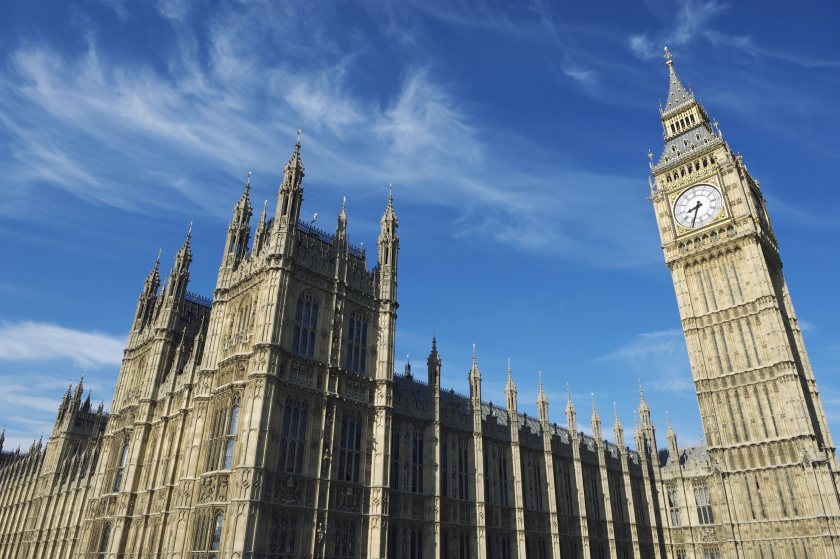
The Treasury has “slammed the door on the industry and thrown away the key,” the Farmers’ Union of Wales (FUW) has told MPs, warning that policy is putting the future of Welsh agriculture at risk.
Speaking to the Welsh Affairs Committee on Wednesday (4 June), FUW head of policy Gareth Parry gave evidence on the key challenges facing Welsh farmers in 2025.
Topics and issues included the fallout from Brexit, the overhaul of agricultural funding, and proposed inheritance tax reforms.
He said: “Brexit has presented us with a situation whereby UK governments are moving away from the core policy principles of the EU’s CAP, such as the supply of affordable food and the provision of fair incomes for farmers, and towards measures primarily designed to tackle the nature and climate crises.
“These crises are often being referred to as justification for this fundamental shift in agricultural policy and yet there remains no legislative mechanism to determine if – or when – the UK faces a food crisis. If it’s measured by the availability of food on supermarket shelves, it’ll be too late.”
Mr Parry criticised the UK government’s continued use of the Barnett Formula to determine agricultural funding for Wales, calling it inappropriate for addressing the specific needs of rural areas.
Unlike the EU’s seven-year Multiannual Financial Framework, no equivalent structure now exists to provide longer-term certainty.
“We have been absolutely clear since the referendum: if governments provide economic sustainability to farming businesses, the cultural, societal and environmental contributions they make will naturally continue,” he said.
“However, what we are seeing is a clear appetite from the previous and current UK governments to sign trade agreements rather than underpinning domestic food production through appropriately designed policies.”
Mr Parry warned that trade deals allowing cheaper food imports produced to different standards undermine UK farmers.
“By opening the door to agricultural products from other countries where food is produced at a cheaper cost due to differences in production methods and regulatory requirements, is government undermining our domestic food producers? Yes, 100%.”
On proposed changes to inheritance tax rules, Mr Parry relayed findings from Family Business UK and CBI Economics, showing the potential for significant economic damage and a Treasury loss of £1.9bn over five years.
“It has been clear since the Budget announcement that Treasury officials have had no intention of even acknowledging our concerns. They have slammed the door on the industry and thrown away the key,” he told MPs.
“We are not calling for the policy to be scrapped. Rather, we seek an opportunity to design a policy with the Treasury that works for genuine family businesses and closes the loopholes that currently exist.”
Mr Parry urged both the UK and Welsh governments to recognise farming’s role as a leader in sustainable food production and to work collaboratively to protect the sector’s economic viability.
